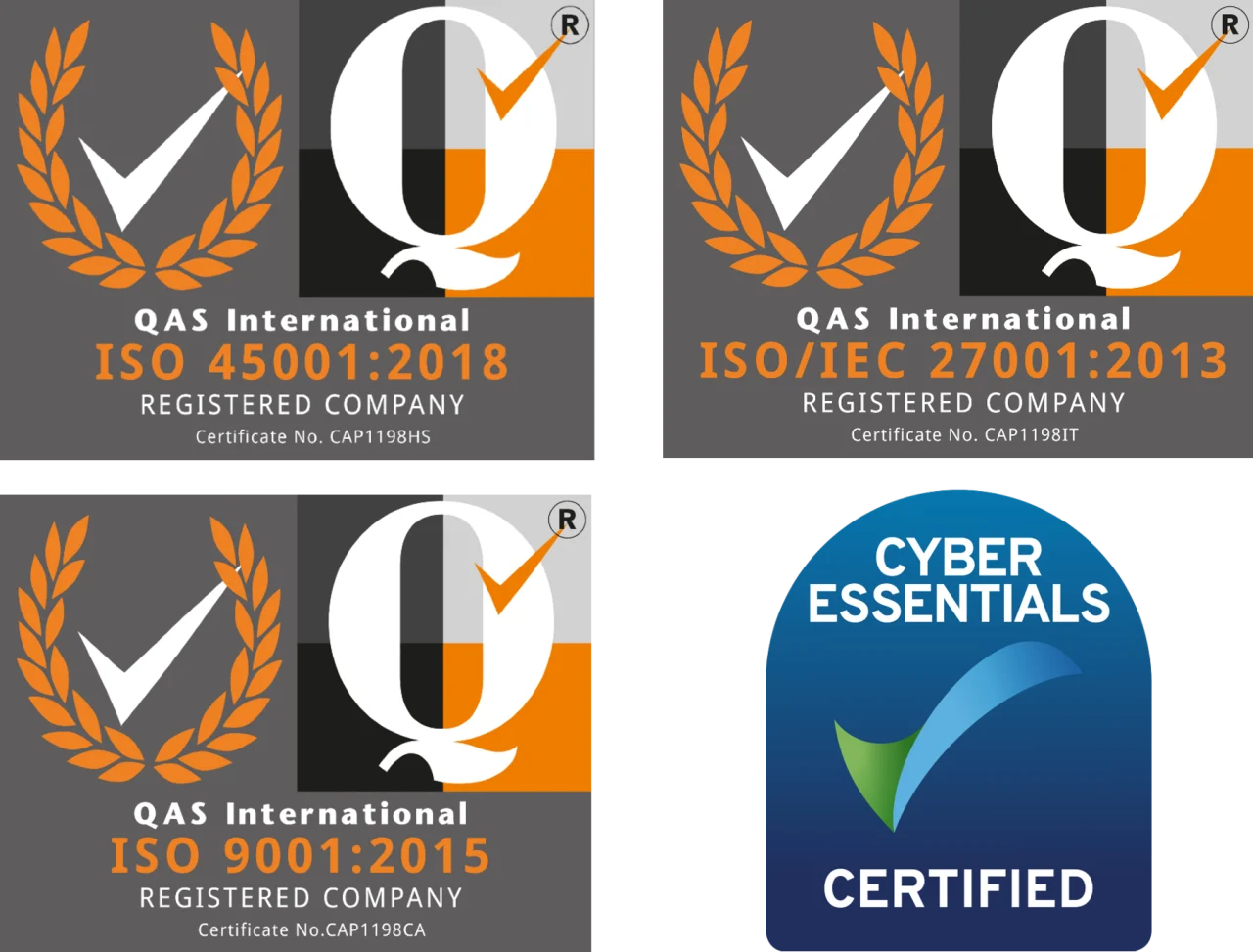“Is it compatible with our system?” will doubtless be the question on many people’s lips when considering Windows 7. That’s not an easy one to answer directly. ‘Compatibility’ comes in many shapes & sizes, from minor glitches to out-and-out refusing to work. Moreover, any ‘system’ is little more than the sum of its parts – we’d need to know what every part ‘does’ before we can even try to advise. So, to help you (and us!), we’ve put together a handy guide to try and flesh out the foreseeable compatibility issues.
|
Function
|
Compatibility Risks
|
|
Sharing files from one PC to another PC
|
You can still do this between Windows 7 and older versions of Windows from Windows 2000 and above. However, thanks to added security in Windows 7, this process is not as easy as it once was. In other words, its not incompatible, but may be fiddly. |
|
Joining a Server
|
Windows 7 Professional, Enterprise and Ultimate editions can join a Windows Server 2003 and above. Windows 7 Home Premium, Basic and Starter cannot join Windows servers. |
|
Printing
|
Ability to print depends on the availability of printer drivers. Essentially these are the responsibility of the printer’s manufacturer, although many would argue that Microsoft changing their requirements so radically with Vista meant that releasing drivers for old printers was not possible.
There is no hard & fast rule for Windows 7, but experience thus far is that printers are compatible with it provided the manufacturer has released a Vista driver. Since Vista has been around for 2 years, most printers sold since 2007 should work. Older models may work in some cases, or work partially using stripped down drivers. If you need advanced printer functions and/or only have older printers, test rigorously before deploying Windows 7. |
|
WIFI (wireless network)
|
Windows 7 is able to join your wireless network with no predictable compatibility issues. |
|
Microsoft Office including Microsoft Access Databases
|
There are no known compatibility issues with Microsoft Office 2003 and 2007. It appears that they can be installed from CD or deployed via a server with no problem. If you have a Microsoft Access Database as an MDB file, this should work too. |
|
Other off-the-shelf software (e.g. Sage, Antivirus Software, PhotoShop)
|
PREDICTION: well-known software vendors such as Adobe and Sage will be quick to release new versions of their software that are guaranteed to work with Windows 7 from the day you buy them new, but what about if you have an older version of the software and want to move it to a Windows 7 PC?
There is no definitive answer, but Microsoft has put a lot more effort into this issue than in the past. If a program fails to install, you are asked to pick what previous versions of Windows you successfully installed it under, and Windows 7 attempts the install in a different way accordingly. The results so far are patchy – for some software, this does the trick. For others, it doesn’t. Do remember though that we are still two months away from release – there is plenty more time for Microsoft to work on this, but if your program still doesn’t work, there’s always Windows XP Mode (see next cell). |
|
Bespoke Software/Applications written for Windows XP
|
Software developers sometimes make assumptions about the computer systems their software will run on. For many years, Windows XP has been so ubiquitous that the unique way it works has become – often unwittingly – an underlying principle of some bespoke software.
Microsoft has finally acknowledged that users shouldn’t need to get this software rewritten to benefit from their latest operating system. There is a Windows XP ‘mode’ for Windows 7 which allows you to run programs that have XP-specific code. Installed as a downloadable add-on, what you are in fact getting is a virtual Windows XP installation which requires time to setup and maintain and a fairly new PC to run on. However, you can then install your XP database or other software into the virtual environment & still open it from your Windows 7 desktop. It’s no substitute for full backwards compatibility, but it’s better than anything else seen in the last 10 years… |

